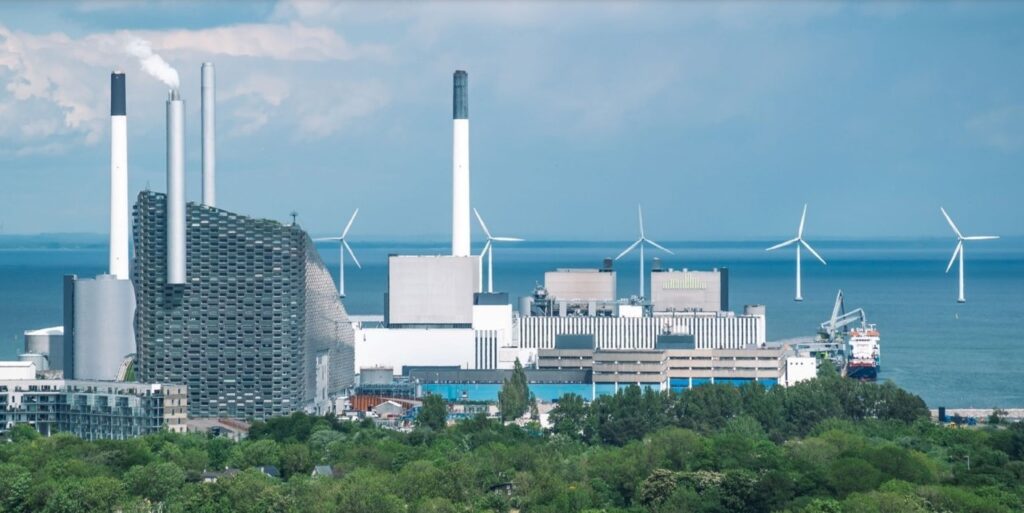World Economic Forum published the 2023 edition of the report Net Zero Industry Trackera tracking platform that provides a detailed analysis of the progress being made by the intensive industrial sectors emissions around the world, in its efforts to achieve net zero emissions by 2050.
And the result of this analysis shows that these emission-intensive sectors are not aligned with the trajectory to achieve the net zero by 2050, as determined by the International Energy Agency (IEA) and industry-specific scenarios and targets.
The Net Zero Industry Tracker focuses on specific accelerators and priorities in the following sectors that are the most difficult to reduce.
Production
- Steel
- Cement
- Aluminum
- Ammonia
Energy
- Oil
- Gas
Transportation
- Aviation
- Maritime transportation
- Ground transportation
Processes in these sectors together account for more than 40% of global emissions. greenhouse gases (GHG). This figure exceeds the emissions of any individual country.
"Over the past three years, absolute emissions have increased by an average of 8% due to increased activity and demand, and all sectors included are dependent on fossil fuels, most with more than 90% of dependence," the report notes.
He adds that sectors such as the cement and the steel face the challenges of decarbonization The use of energy in these two industries is equivalent to more than 3 times the energy consumed in United States.
"Transitioning these industries to a net zero future will require a collective investment of approximately $13.5 trillion, prioritizing the electrification of low- to medium-temperature industrial processes. That is what is needed to scale up essential technologies and sustainable infrastructure," he says.
However, investments are not enough, the analysis clarifies, as they must be complemented by policies and incentives that can help industries make the switch while ensuring access to affordable and reliable resources that are critical to economic growth.
Net Zero Industry Tracker reveals an encouraging, if variable, increase in awareness and action among industries to achieve net zero emissions, but there is still a huge opportunity for sectors to come together to drive innovation and address their challenges collaboratively through knowledge and best practice sharing, joint innovation, market access and consumer confidence, risk mitigation and resilience planning.
The analysis highlights that decarbonizing intensive industriesThe reduction of emissions in the production, energy and transport sectors requires a multi-faceted approach, as aligning the essential components of the demand for energy with the demand for energy and the need to reduce emissions in the production, energy and transport sectors requires a multi-faceted approach. sustainable productsThe key to accelerating progress is policy incentives, capital for technology investment and infrastructure expansion.
"Positive signs are emerging, but much more needs to be done. Recognizing a new and evolving geopolitical context, a new balance needs to be struck on how collaboration between countries should occur to support this transition that should preserve conditions for every living thing and also create wealth. While challenging, the time for action is now," the study states.
The report concludes that in this multifaceted effort, cooperation and coordinated efforts among all stakeholders, both nationally and internationally, will be critical to overcoming the challenges and achieving a more efficient and sustainable use of resources. sustainable economy, resilient and decarbonized future.
Source: World Economic Forum


